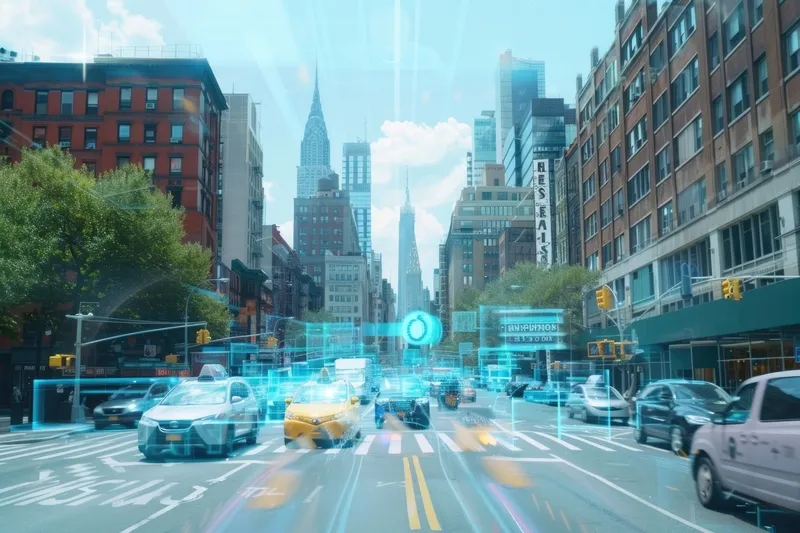The European Bank for Reconstruction and Development (EBRD) is supporting Kazakhstan Temir Zholy (KTZ), the national railways company, in its drive to radically improve energy efficiency across its operations.
A US$40 million loan, US$700,000 of which will be provided by the Clean Technology Fund, will finance a series of new technologies to reduce energy consumption, from an upgraded lighting system to alternative heating solutions such as heat pumps, solar water heaters and boiler upgrades. The progra
December 20, 2013
Read time: 2 mins
The 2001 European Bank for Reconstruction and Development (EBRD) is supporting Kazakhstan Temir Zholy (KTZ), the national railways company, in its drive to radically improve energy efficiency across its operations.
A US$40 million loan, US$700,000 of which will be provided by the Clean Technology Fund, will finance a series of new technologies to reduce energy consumption, from an upgraded lighting system to alternative heating solutions such as heat pumps, solar water heaters and boiler upgrades. The programme will allow the company to reduce its greenhouse gas emissions by 80,000 tonnes per annum.
“We support the country’s green economy drive, as does KTZ, for the benefit of its passengers and the whole of Kazakhstan,” said EBRD first vice president, Phil Bennett, at the signing of the deal at EBRD headquarters in London. “We are very pleased to be able to support the company’s ongoing efforts to save energy and to reduce greenhouse gas emissions. We have been working with KTZ to identify new opportunities for energy efficiency, such as installation of LED lighting across more than 100 depots and stations, and to finance their introduction. We are especially proud of the innovative aspects of this project such as the employment of renewable energy in the form of solar water heaters.”
Kanat Alpysbayev, KTZ vice president of Logistics, said: “Railways are strategically important for Kazakhstan’s economy. KTZ operates one of the largest rail networks in the world. Our goals coincide with the government goal of developing a green economy, and our cooperation with the EBRD will allow us to take a major step in that direction. In this regard, one of the priorities is to improve energy efficiency, namely to purchase and install energy efficiency components such as heat pumps, solar water heaters and gas boilers”.
A US$40 million loan, US$700,000 of which will be provided by the Clean Technology Fund, will finance a series of new technologies to reduce energy consumption, from an upgraded lighting system to alternative heating solutions such as heat pumps, solar water heaters and boiler upgrades. The programme will allow the company to reduce its greenhouse gas emissions by 80,000 tonnes per annum.
“We support the country’s green economy drive, as does KTZ, for the benefit of its passengers and the whole of Kazakhstan,” said EBRD first vice president, Phil Bennett, at the signing of the deal at EBRD headquarters in London. “We are very pleased to be able to support the company’s ongoing efforts to save energy and to reduce greenhouse gas emissions. We have been working with KTZ to identify new opportunities for energy efficiency, such as installation of LED lighting across more than 100 depots and stations, and to finance their introduction. We are especially proud of the innovative aspects of this project such as the employment of renewable energy in the form of solar water heaters.”
Kanat Alpysbayev, KTZ vice president of Logistics, said: “Railways are strategically important for Kazakhstan’s economy. KTZ operates one of the largest rail networks in the world. Our goals coincide with the government goal of developing a green economy, and our cooperation with the EBRD will allow us to take a major step in that direction. In this regard, one of the priorities is to improve energy efficiency, namely to purchase and install energy efficiency components such as heat pumps, solar water heaters and gas boilers”.








